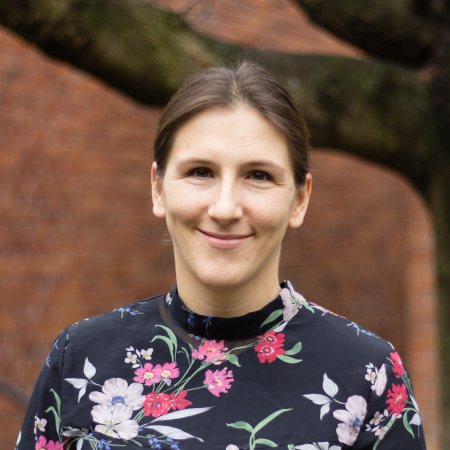The IMISCOE PhD Academy is now well into its second year of running – with two cohorts of members, simultaneously participating as of March 2023.

The IMISCOE Training Committee, including members from the IMISCOE PhD Network, are collaborating in planning and implementing the running of the IMISCOE PhD Academy, where we are also trying to have an inclusive approach to the IMISCOE PhD Academy members’ own engagement. We have IMISCOE PhD Academy members who are born in all corners of the world, with some based in institutions beyond Europe, but with a majority of our members based at European institutions, reflecting the composition of IMISCOE’s institutional membership today. That said, we have been exploring the demographic composition of the IMSCOE PhD Academy, where many have very diverse family backgrounds, more often than not involving different types of international mobilities in their own or their parents lives.
We have from the inception of the idea of an IMISCOE PhD Academy worked with an ambition to implement this in a way that could be described as attempting to be decolonial. We are attempting a decolonial approach in how we are trying to operate; in the specifics and implementation of what we do. In practice this entails having online-only meetings. So, there is no requirement for funds to travel, or equally as much a challenge – of managing to get visas (in time) to be able to travel. This very equalizing mode of operations means that – at least in theory – it is possible to level the playing field that mobility and resource asymmetries globally otherwise trap us all within.
The online format has its clear value and strengths, especially in terms of facilitating access to participation, as long as Internet connectivity is relatively stable. However, there are also limitations to the online format – as an interactive space, which we strive to accept and then see how we can address, e.g. by actively planning our online sessions with interactive exercises, break-out groups, and using tools like Mentimeter to foster different forms of participation and interaction.
Meanwhile, some barriers to inclusivity are also present, such as language proficiency, how used one is to participating in online sessions such as these, or how comfortable one is with online interaction in general. While as organisers we can – and should – address these challenges with adequate measures, there are also realities which are complicated to deal with.
One such issue, which is very banal, yet omnipresent, for anyone trying to work globally – is the issue of time zones. For: What is the appropriate time of day (and day of the week) to have an online IMISCOE PhD Academy session? What about places where Friday is the weekend? What about various holidays across the world? And within whose working hours, do we organise our time-slots?
As we all realise, these are issues which are not only logistical, but really about how we work, how work is a part of our lives, and to what extent we are able to navigate and manage this ourselves.
The example of navigating decisions about timings of IMISCOE PhD Academy online sessions, may appear as rather too banal for a heading about attempting a decolonial approach. Meanwhile, the nitty-gritty level of activities, is not only fundamentally important, it is also a direct precondition for enabling participation. There are no perfect solutions to the timing issue, across time-zones, instead it requires mutual understanding and flexibility, as well as recognition that efforts put in to the very fact of being present, can in themselves be quite asymmetrical.
As we are starting to plan the call for new members – a third cohort of the IMISCOE PhD Academy members, which will open in June 2023 and close in August 2023 – we are reflecting on how we can improve our decolonial approach further, both in who we manage to reach with our call, how relevant they may find our online activities, and how we can operate to live up to our decolonial approach ambitions going forward.
Marta Bivand Erdal, Chair of the IMISCOE Training Committee (& Research Professor in Migration Studies, Peace Research Institute Oslo)
